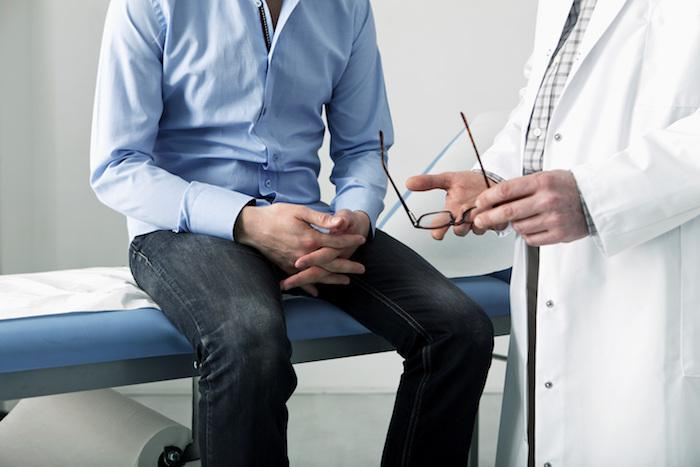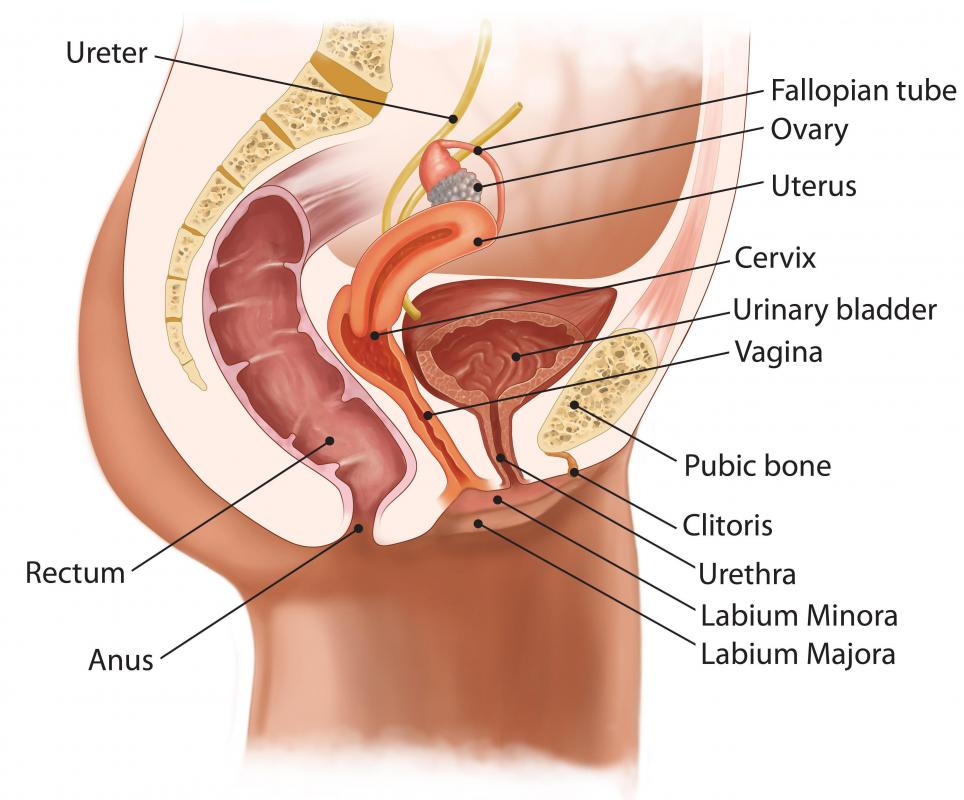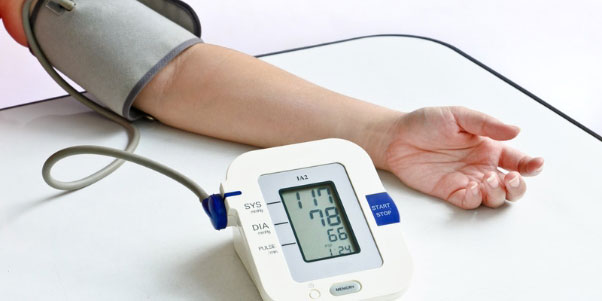Do you suffer from digestive tract problems or frequent rectal pain? If so, consider speaking with a proctologist. But what is a proctologist, and how can they help you? In this blog post, we will answer those questions and provide an overview of a proctologist's role in helping people who experience digestive or rectal health issues. We will discuss their specialty, education, qualifications necessary for practicing, and the common treatments they prescribe.
Additionally, we'll unpack the different roles that teams of medical professionals might play in delivering care when involving a proctologist. With better knowledge about these specialized doctors–and often life-saving diagnoses they can administer—you can feel more confident about improving gastrointestinal health.
What is a Proctologist, and what do they do
A proctologist is a medical professional who focuses on identifying and managing conditions affecting the anus, rectum, and sections of the large intestine. They possess specialized knowledge beyond what general practitioners might be able to offer and are highly trained professionals in their particular fields.
Proctologists diagnose and treat many conditions, such as hemorrhoids, anal fissures, fistulas, rectal prolapse, and other issues related to the rectum. They may also perform certain surgical procedures, such as polypectomies or hemorrhoidectomies. Additionally, proctologists work with gastroenterologists and other specialists to diagnose digestive tract disorders that may affect the rectum or anus.
To become a proctologist, doctors must complete specialized education, including a four-year residency program, and pass an American Board of Proctology examination. This rigorous training ensures they are well-equipped to diagnose and treat patients with conditions related to the rectum and anus.
Common Problems that Require a Proctologist's Attention
Proctologists commonly treat various issues related to the rectum and anus, including hemorrhoids, anal fissures, fistula, rectal prolapse, ulcers, or abscesses in the rectal area. Hemorrhoids are swollen veins that can cause discomfort, itching, and bleeding. Anal fissures are small tears in the lining of the anus that can cause a lot of pain during bowel movements.
Fistula is an abnormal connection between two organs or blood vessels, often located near the rectal area, and can lead to chronic infections. Rectal prolapse, when part of the large intestine slides through the anus, may require surgical treatment to repair.
Proctologists can treat other conditions, including inflammatory bowel diseases, anal cancer, and colorectal polyps. They can also provide treatments such as sclerotherapy or hemorrhoidectomy to relieve symptoms of hemorrhoids or use laser therapy to reduce pain and inflammation associated with anal fissures.
Diagnostic Tests Used by Proctologists
In addition to physical examinations, Proctologists may use a variety of tests to diagnose rectal and anal conditions. Endoscopic exams, such as anoscopy or colonoscopy, examine the inside of the anus and rectum. X-rays, ultrasounds, and CT scans can also detect any abnormalities in the rectal area. Proctologists may also perform biopsies to investigate any abnormal cells or growths that may be present in the large intestine.
The results of these diagnostic tests can help proctologists determine the best course of treatment for a patient's condition. With their specialized knowledge and expertise, they can provide quality care and treatment for conditions related to the rectum and anus.
What to Expect During an Appointment with a Proctologist
During an appointment with a proctologist, patients can expect the doctor to physically examine the rectum and anus. The doctor may also ask questions about any symptoms or medical history that could be related to their condition.
After diagnosis, the proctologist will discuss treatment options with the patient and determine the best strategy for addressing the issue. The doctor may recommend medications, lifestyle changes, or a combination depending on the patient's condition. In some cases, surgery may be necessary to resolve the problem.
Tips for Choosing a Qualified Proctologist
When choosing a proctologist, there are some important steps to follow to ensure you’re selecting a qualified doctor.
1. Make sure the proctologist has specialized training and is board certified.
2. Ask for references from other patients who have used their services before making a decision.
3. Ensure that the proctologist is experienced in treating your condition.
4. Research their credentials and read reviews to see what other patients had to say about their experience with them.
5. Ask if they offer any guarantees on their services or treatments, which can indicate quality care.
6. Find out if the proctologist has any specialties or additional qualifications that make them stand out from other professionals in the field.
7. Ask about their fees and payment plans beforehand so you can plan accordingly.
8. Ensure they are available to answer questions or provide support after the initial appointment.
9. Check to see if the proctologist is a member of any professional organizations related to their field.
10. Consider asking for an initial consultation to better understand what it would be like to work with them in the future.
How to Prepare for Your Visit to the Proctologist
- Before visiting the proctologist, it is important to prepare for your appointment.
- Please list any questions or concerns you may have about your condition so you can discuss them with your doctor during the visit.
- Gather all relevant medical reports, test results, and other documents related to your condition.
- Wear comfortable clothing, such as sweatpants or gym shorts, that can be easily removed for a physical exam.
- Avoid eating or drinking anything before the appointment to reduce the risk of discomfort during the examination.
- Bring a family member or friend with you to provide emotional support and help you recall details discussed during the visit.
- Bring your insurance card and any other payment information to the appointment.
- Write down instructions given by the doctor so that you can refer back to them in the future if needed.
- Ask for a follow-up appointment so that you can keep track of your progress and review any treatments that have been prescribed.
- Research potential treatment options for your condition to make informed decisions about what is best for your health.
- Make sure to follow all the doctor's instructions to ensure the best possible outcome from your visit with them.
FAQs
Q: What qualifications are necessary for a proctologist?
A: Proctologists must complete medical school, along with an additional three to five years of specialty training. They become board-certified in colorectal surgery or gastroenterology by completing an accredited residency program and passing the American Board of Medical Specialists exam.
Q: What kinds of treatments do proctologists provide?
A: Proctologists use a variety of treatments to ensure that patients can effectively manage their colorectal health. Common treatments prescribed by proctologists include dietary changes, medications, and surgery. Additionally, they may recommend lifestyle modifications such as exercise or stress management techniques to prevent the recurrence of symptoms.
Q: What role do teams of medical professionals play in the treatment of digestive and rectal health issues?
A: Teams of medical professionals such as proctologists, gastroenterologists, and colorectal surgeons often work together to provide patients with comprehensive care. Proctologists are the primary specialists in diagnosing and treating rectum, anus, and colon diseases.
They will collaborate with other specialists, such as gastroenterologists, to ensure patients receive holistic care. Additionally, they may refer patients to physical therapists or nutritionists for additional support.
Conclusion
Proctologists are highly educated and skilled healthcare professionals who specialize in diagnosing and treating diseases of the rectum, anus, and colon. They have extensive knowledge regarding digestive health issues, commonly prescribe medications or lifestyle modifications, and often collaborate with teams of medical professionals to provide comprehensive care for patients. If you suffer from digestive or rectal health issues, speaking with a proctologist may be a good idea.




